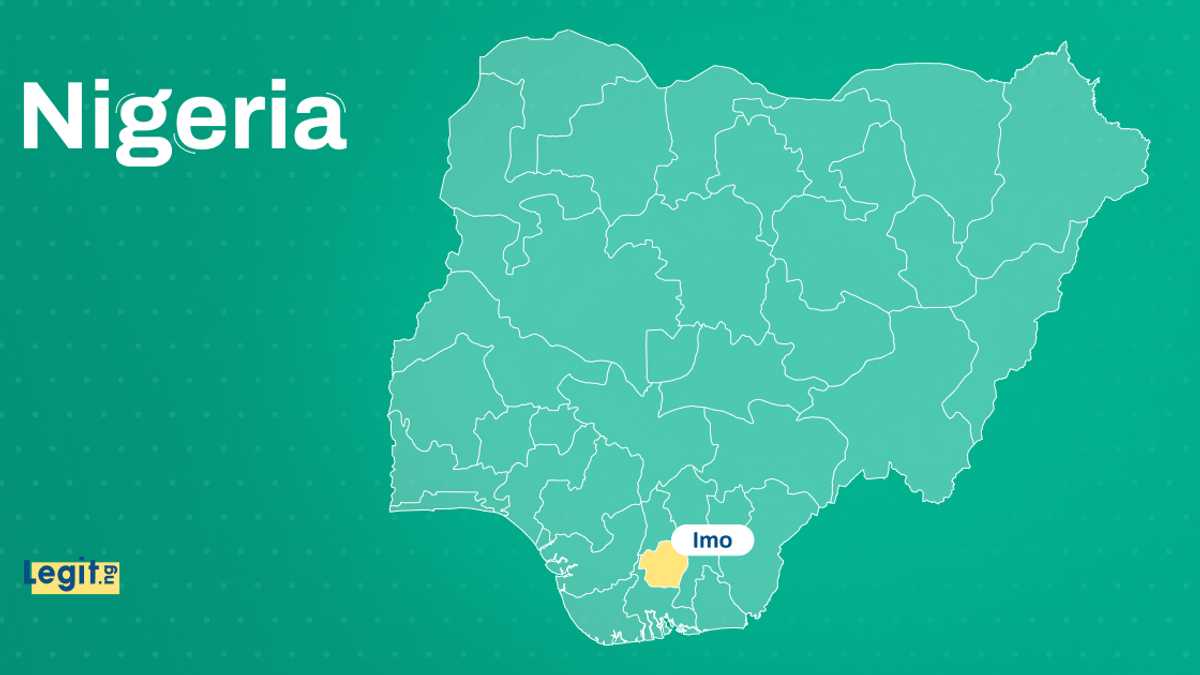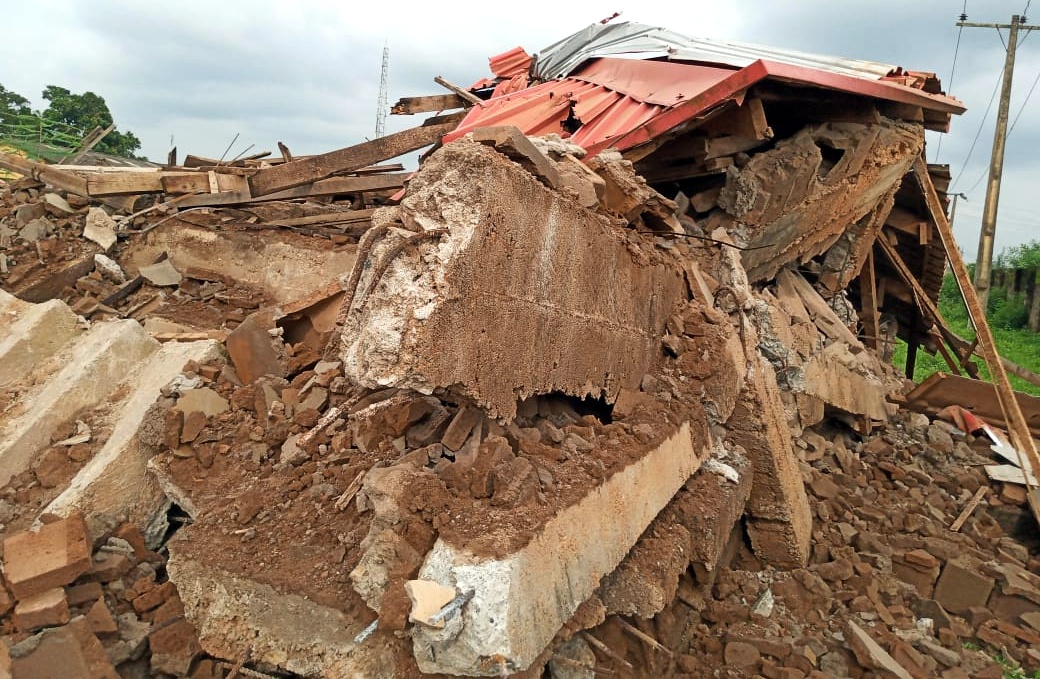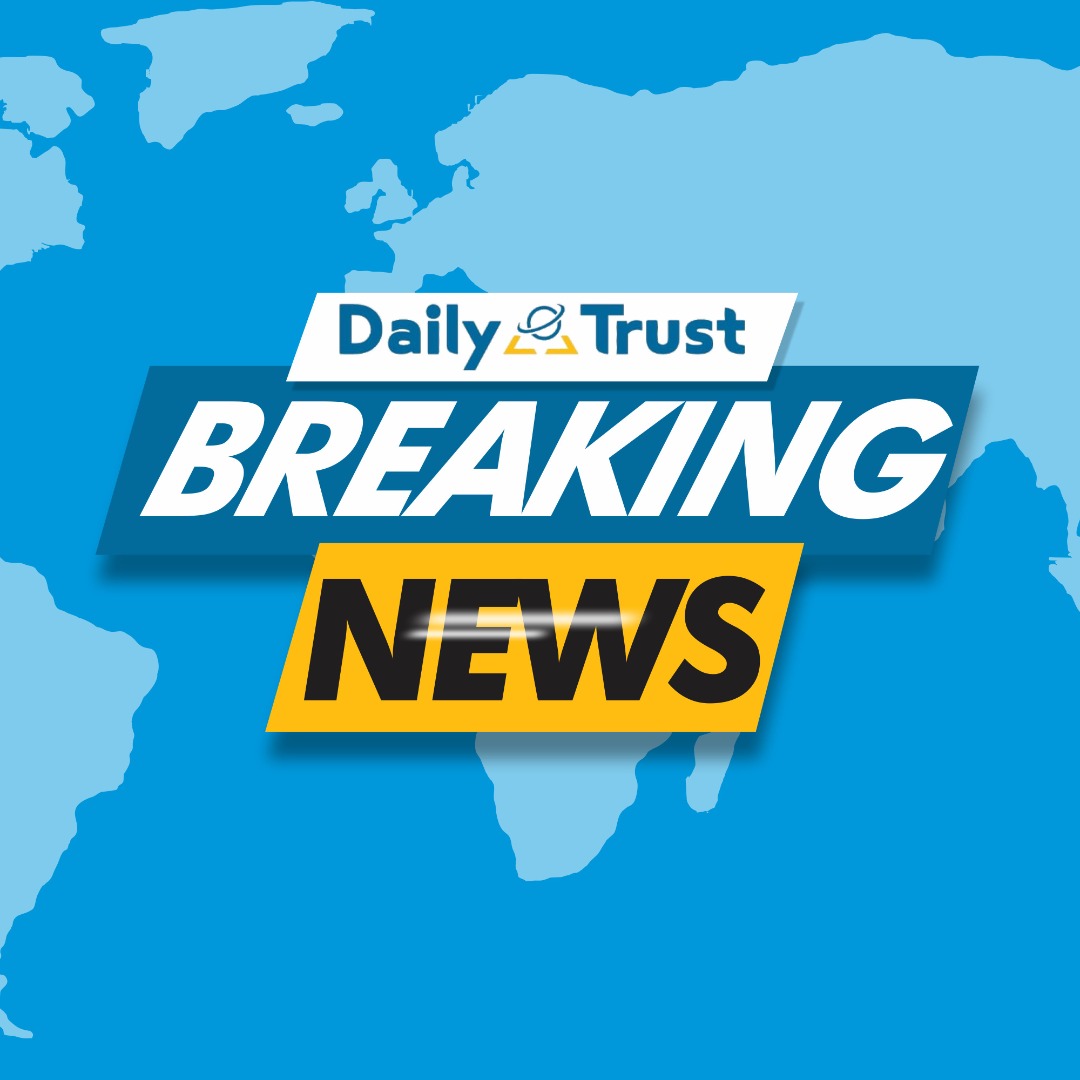new covid strain in US: How did the new Covid subvariant NB.1.8.1 spread to US and what can you do to prevent it? Details here - The Economic Times
NB.1.8.1 is associated with symptoms that are "broadly similar to those seen in earlier strains of the virus," Subhash Verma, a professor of microbiology and immunology at the University of Nevada, Reno School of Medicine, told CBS News in an emailed statement. Commonly reported symptoms include respiratory issues such as cough and sore throat, as well as systemic effects like fever and fatigue, he said.

Persistent low-grade hyperthermia: Instead of high fevers, many individuals experience a sustained, mild elevation in body temperature (between 37.6°C and 38.1°C), without the usual signs such as sweating or rapid breathing. This suggests a possible disruption in the body’s temperature regulation.
'Common sense, good science': Trump admin ends Covid vaccine recommendation for healthy kids, pregnant women
Upper respiratory symptoms: Similar to other Omicron subvariants, NB.1.8.1 often causes sore throat, cough, runny nose, and mild fever.
Gastrointestinal issues: Some people report nausea, reduced appetite, and digestive discomfort.
Neurological effects: Headaches, dizziness, and trouble concentrating have been observed in certain cases.
Fatigue and malaise: Significant tiredness and muscle weakness have made everyday tasks difficult for some.
Sleep disturbances and anxiety: In the UK, some individuals infected with the closely related JN.1 variant have reported experiencing anxiety and trouble sleeping.
Most of the newly identified Covid-19 cases in the United States have been traced back to travelers from nine countries: China, Japan, Vietnam, South Korea, Taiwan, Thailand, France, the Netherlands, and Spain. Testing for the variant was carried out on individuals who voluntarily provided nasal swabs at airports between April 22 and May 12.Health officials have also detected cases of the variant in Ohio, Rhode Island, and Hawaii, as well as earlier cases in California and Washington dating back to late March and early April. Despite these findings, there has been no corresponding increase in Covid-19 positivity rates nationwide; in fact, recent data shows a 12% decline in the number of positive test results.
"Data indicates that NB.1.8.1 does not lead to more severe illness compared to previous variants, although it appears to have a growth advantage, suggesting it may spread more easily," Subash Verma told CBS News. "In other words, it is more transmissible."
"What they're seeing in China, Hong Kong and some other areas where this variant has really surged, is an increase in hospitalization, but that seems to be more to do with just a standard summer surge that we've been seeing," Edwards explained, adding the available data is still preliminary, but that the variant "doesn't seem to be more severe," Dr. Amy Edwards, assistant professor of pediatrics at the School of Medicine at Case Western Reserve University said.
Despite thelatest variant displaying high transmissibility, the Trump administration has ended Covid vaccine recommendation for health kids and pregnant women. Last week, the Food and Drug Administration announced it will continue to authorize updated COVID-19 vaccines for seniors and individuals with underlying health conditions—such as pregnancy or diabetes. However, vaccine manufacturers will now be required to conduct extensive new clinical trials before the vaccines can be approved for broader public use. As a result, many Americans without preexisting conditions may not have access to the updated shots this fall.Verma warned that the new restrictions could have wide-ranging public health consequences.
"While more than 100 million Americans are still expected to qualify under the new guidelines, the administration’s decision adds new hurdles for the general public," he said. "A key concern is that the FDA’s requirement for updated clinical trials may delay booster availability for lower-risk individuals, potentially discouraging some from getting vaccinated. The policy could also sow confusion and lower vaccination rates, especially if people are unsure about their eligibility or concerned about insurance coverage—particularly given that some manufacturers plan to charge high prices."
Edwards noted that the updated recommendations lack clarity, CBS reported.
"Some of the language around pre-existing conditions is quite vague," she said. "It’s also unclear which variants will be included in this year’s vaccine, especially considering uncertainty about which vaccine trials will move forward."
The new COVID-19 vaccine policy was introduced by the FDA under the leadership of Health and Human Services Secretary Robert F. Kennedy Jr., who has previously expressed skepticism about vaccines.
"Secretary Kennedy has said, ‘We’re not taking away your vaccines; we’re going to be transparent.’ But in reality, access is being restricted," said Dr. Céline Gounder, a CBS News medical contributor and editor-at-large for public health at KFF Health News, in an interview with "CBS Mornings Plus" following the FDA's announcement.
Given the potential for NB.1.8.1 to spread quickly, particularly among international travelers, health authorities advise the following preventive measures:Stay Up to Date on Vaccinations: Ensure your COVID-19 vaccinations, including any recommended booster doses, are current to lower the risk of severe illness.
Wear Masks in High-Risk Settings: Use face masks in crowded or enclosed spaces to help reduce the spread of the virus.
Practice Good Hand Hygiene: Wash your hands frequently with soap and water, or use hand sanitizer when soap isn’t available, to reduce infection risk.
Monitor for Symptoms: Stay alert for symptoms and seek medical care promptly if they appear.
Self-Isolate if Sick: If you experience symptoms, isolate yourself to avoid transmitting the virus to others.
Read More News on
Stories you might be interested in













